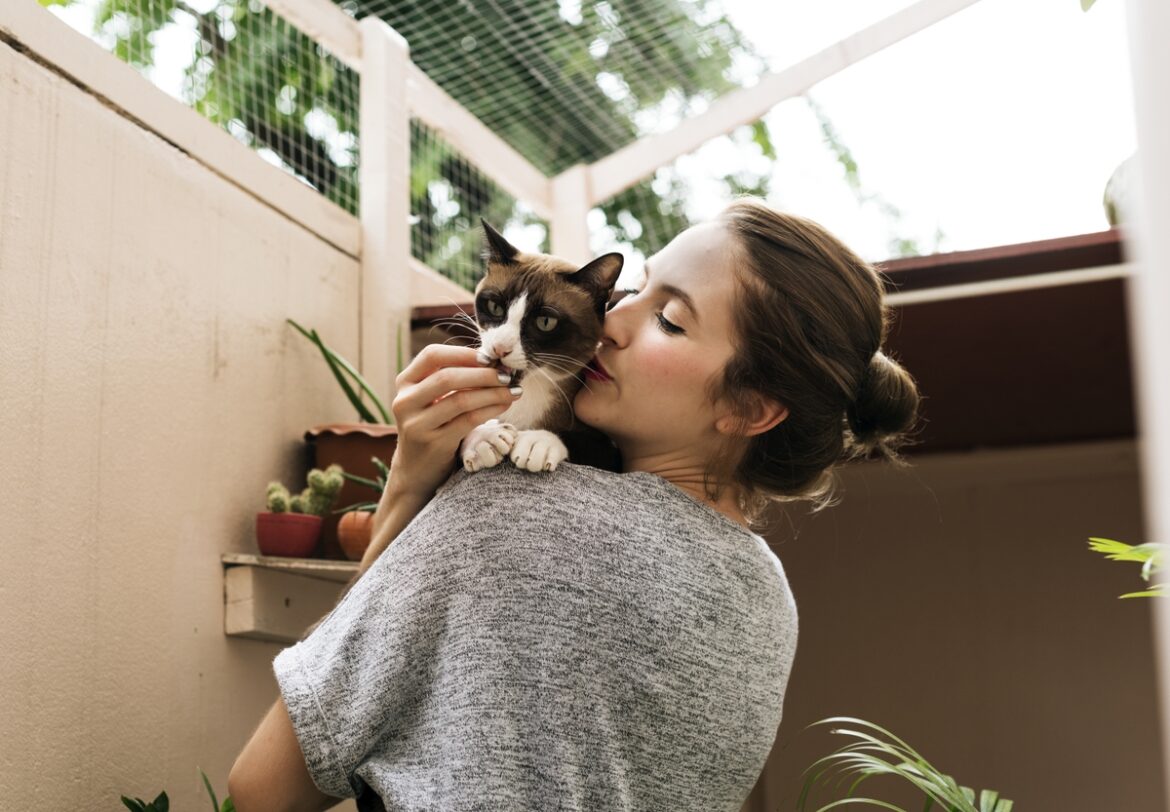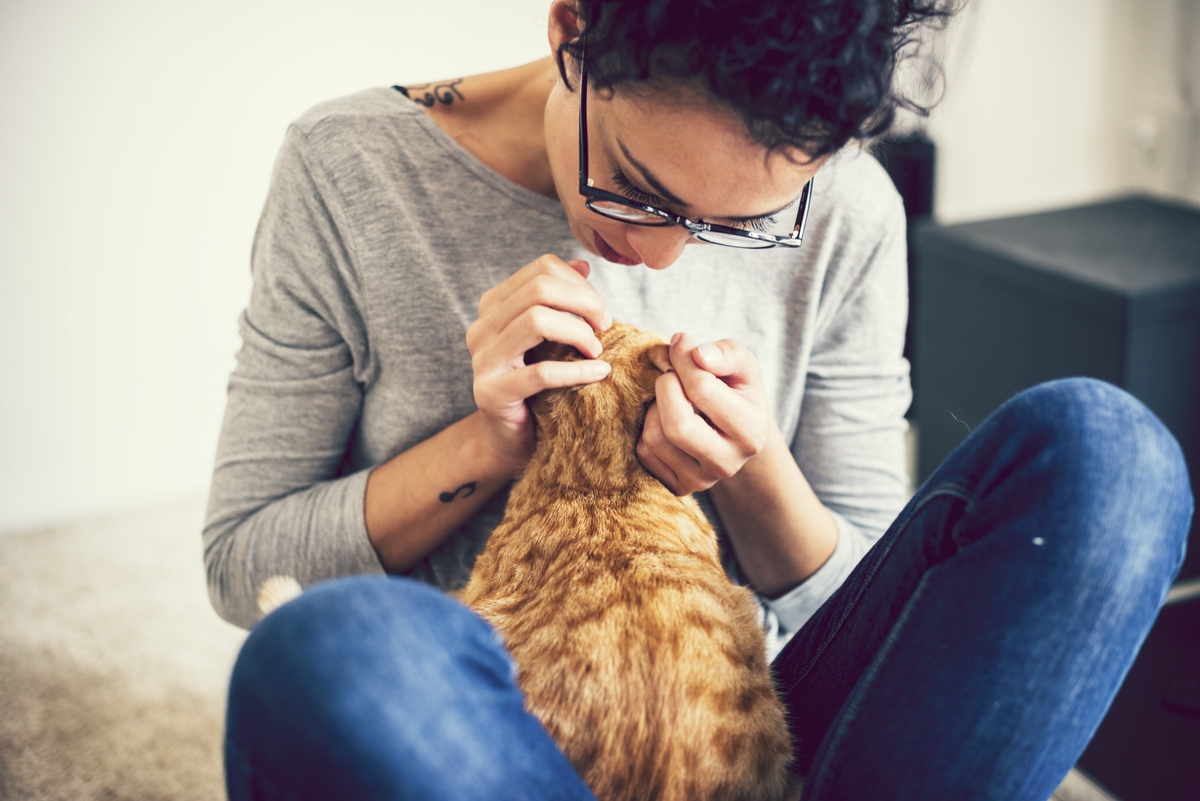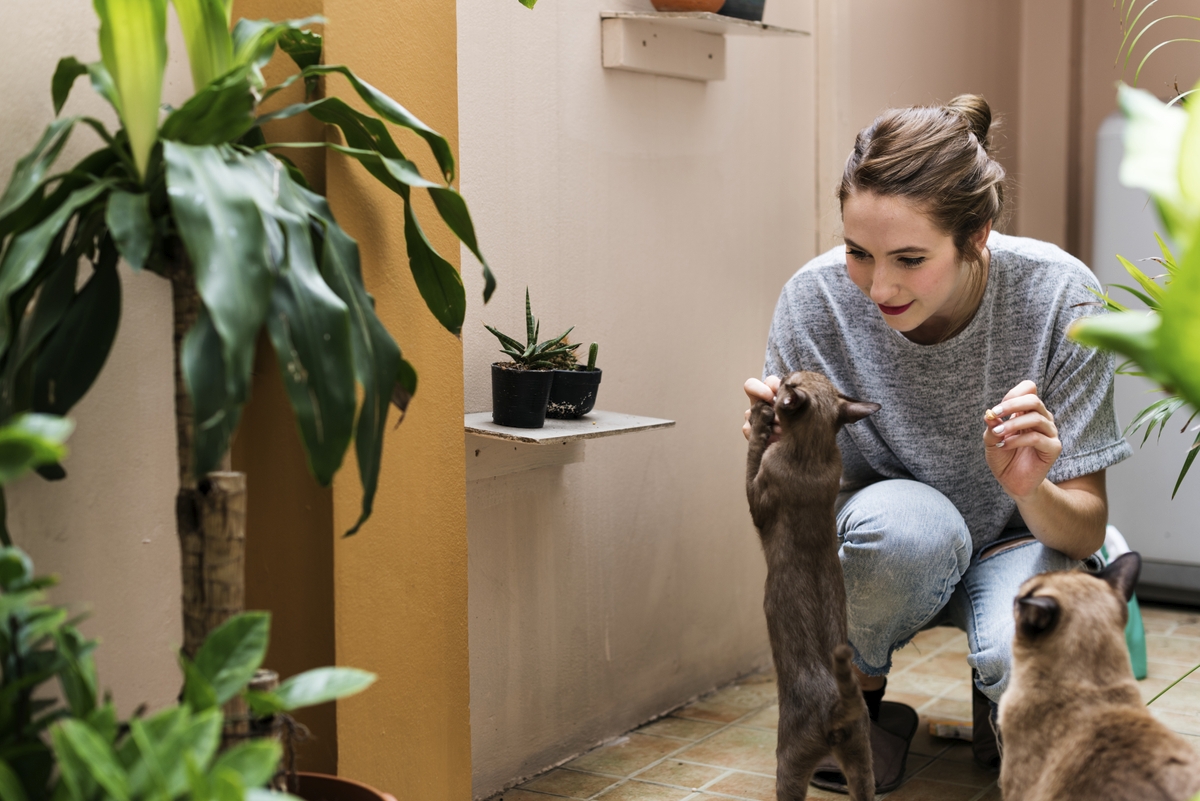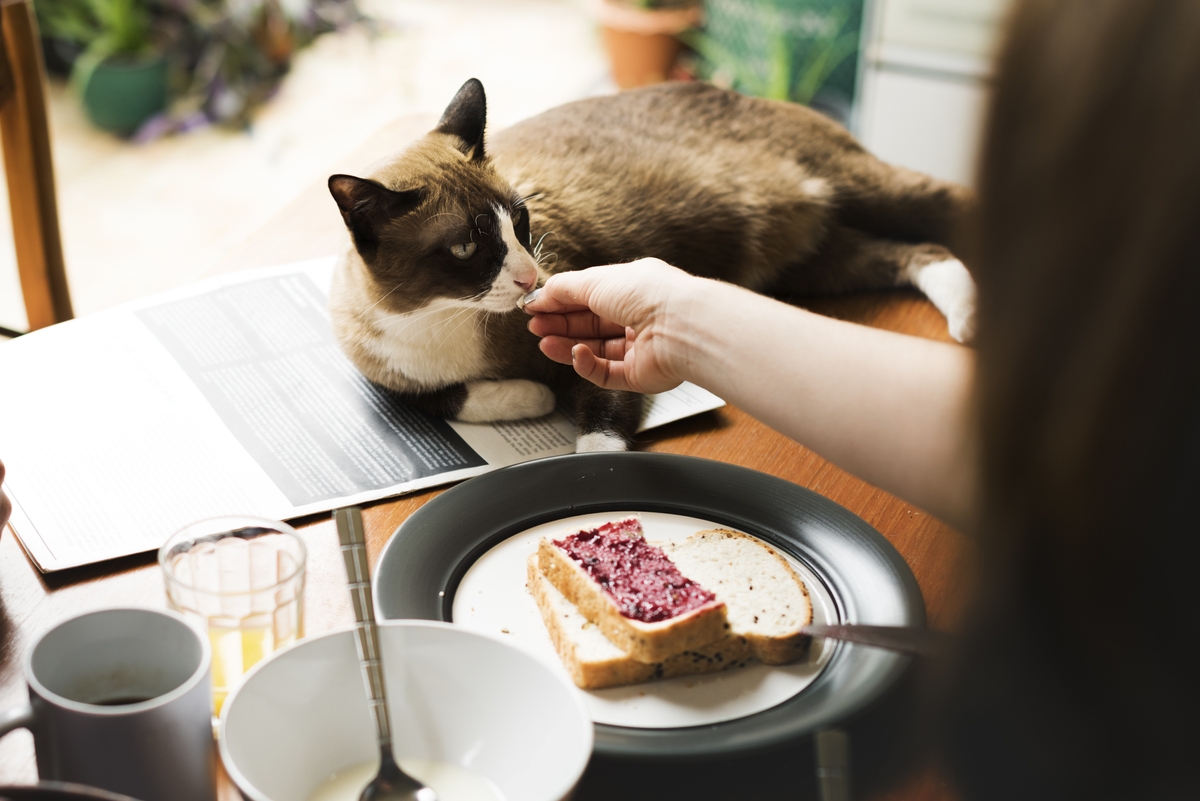
Kitty Cat All Heated Up: Home Remedies For Cats In Heat
Is your cat in heat? You’re not alone. Millions of cat owners deal with this challenging time every year.
Your cat may be experiencing a range of uncomfortable symptoms, including increased vocalization, restlessness, anxiety, and urination. She may also be spraying urine to attract males.
There are a few signs that your cat is in heat. Some of the most common signs include:
- Increased vocalization: Cats in heat often meow loudly and constantly. Their cries may sound distressed or even painful.
- Restlessness: Cats in heat may be restless and pace around the house. They may also try to escape.
- Affection: Cats in heat may become more affectionate and crave attention from their owners. They may rub against people and furniture.
- Urination: Cats in heat may urinate more frequently and spray urine to attract male cats.
- Raised hindquarters: Cats in heat may raise their hindquarters and arch their backs when they are approached by a male cat.
If you notice any of these signs in your cat, it is important to keep her indoors to prevent her from getting pregnant. You may also want to consult with your veterinarian about spaying your cat, which is the best way to prevent her from going into heat.
Here are some additional tips for recognizing a cat in heat:
- Pay attention to her behavior. Cats in heat may exhibit a variety of behavioral changes, such as increased vocalization, restlessness, and affection. They may also try to escape or spray urine.
- Look for physical changes. Cats in heat may have a swollen vulva and may produce a clear or bloody discharge. They may also be more sensitive to touch in the genital area.
- Monitor her cycle. Cats typically go into heat every 2-3 weeks during breeding season. If your cat is not spayed, she will likely go into heat several times a year.
If you are unsure whether your cat is in heat, it is always best to consult with your veterinarian.
If you’re looking for ways to help your cat through this tough time, there are a few home remedies that can help. These remedies can help to calm and comfort your cat, and some can even help to reduce the intensity of her symptoms.

Most Popular 20 Remedies
- Provide a quiet and comfortable space.
When your cat is in heat, she will need a place where she can relax and feel safe. Set up a quiet room or area in your home with her favorite bed, toys, and food and water bowls. You may also want to put a catnip pillow or other calming toy in her space.
- Give her extra attention and love.
Your cat may need more attention and love when she is in heat. Spend extra time petting her, brushing her, and playing with her. This will help to keep her calm and reduce stress. You may also want to talk to her in a soothing voice.
- Use a pheromone diffuser.
Pheromones are chemical signals that animals use to communicate with each other. There are pheromone diffusers available that can be plugged into an outlet and release calming pheromones into the air. This can help to reduce stress and anxiety in cats.
- Give her a warm compress.
Applying a warm compress to your cat’s abdomen may help to relieve discomfort and cramps. Heat can also help to relax the muscles and make her feel more comfortable. To make a warm compress, simply soak a washcloth in warm water and wring it out. Place the compress on your cat’s abdomen for a few minutes at a time.
- Give her a catnip pillow.
Catnip has a calming effect on some cats. Giving your cat a catnip pillow to play with may help to relax her and reduce stress. You can also try rubbing some catnip on her bedding or scratching post.
- Give her a massage.
Giving your cat a massage can help to relax her muscles and reduce stress. Gently massage her back, neck, and head. You can also use a cat massage brush to help stimulate her circulation.
- Play with her.
Playing with your cat can help to distract her from her symptoms and reduce stress. Choose games that she enjoys and that will get her moving. You can also try training her a new trick.
- Feed her a healthy diet.
A healthy diet can help to improve your cat’s overall health and well-being. Feed her a high-quality diet that is appropriate for her age and activity level. You may also want to avoid feeding her any foods that are known to trigger allergies in cats.
- Give her plenty of water.
It is important to make sure that your cat has plenty of fresh water to drink, especially when she is in heat. Dehydration can make her symptoms worse. You may want to put out extra water bowls around the house or use a pet fountain.
- Keep her indoors.
When your cat is in heat, it is important to keep her indoors to prevent her from mating. If she goes outside, she may be attacked by male cats or she may get pregnant. You may also want to close the curtains and blinds to prevent her from seeing male cats outside.

- Clean up any accidents.
If your cat has an accident, be sure to clean it up immediately. This will help to prevent the smell of urine from attracting male cats. You may also want to use an enzymatic cleaner to remove the odor of urine.
- Use a cat diaper.
If your cat is spraying urine, you may want to use a cat diaper. This will help to prevent her from spraying on your furniture and belongings. You can purchase cat diapers at most pet stores.
- Spay your cat.
Spaying your cat is the best way to prevent her from going into heat. Spaying is a surgical procedure that removes the ovaries and uterus. It is a safe and routine procedure that is performed by veterinarians.
- Chamomile tea
Chamomile has a calming effect on some cats. You can give your cat a small amount of chamomile tea to drink, or you can use a chamomile compress on her abdomen. To make chamomile tea, simply steep a chamomile tea bag in hot water for a few minutes. Once the tea has cooled, you can give it to your cat in a small bowl or syringe.
- Lavender oil
Lavender oil is another calming agent that can help to reduce stress and anxiety in cats. You can add a few drops of lavender oil to your cat’s bedding or to a diffuser. You can also try rubbing a small amount of lavender oil on your cat’s chest.
- Valerian root
Valerian root is an herbal remedy that is known for its calming and sedative effects. You can give your cat a small amount of valerian root powder to eat, or you can add it to her food. You can also purchase from a health food store.
- Bach flower remedies
Bach flower remedies are a type of alternative medicine that uses flower extracts to treat emotional and behavioral problems. There are a few Bach flower remedies that can be used to help cats with heat-related symptoms, such as Rescue Remedy, Vervain, and Impatiens.
- Rescue Remedy is a general-purpose remedy that can be used to reduce stress and anxiety.
- Vervain is a remedy for cats who are restless, overexcited, or obsessive.
- Impatiens is a remedy for cats who are impatient, irritable, or demanding.
To use Bach flower remedies, simply add a few drops of the desired remedy to your cat’s drinking water or food. You can also give the remedy directly to your cat by mouth.
- Homeopathic remedies
Homeopathy is a type of alternative medicine that uses small doses of natural substances to treat disease. There are several homeopathic remedies that can be used to help cats with heat-related symptoms, such as Pulsatilla, Ignatia, and Agnus Castus.
- Pulsatilla is a remedy for cats who are clingy, affectionate, and easily moved to tears.
- Ignatia is a remedy for cats who are grief-stricken, irritable, and have mood swings.
- Agnus Castus is a remedy for cats who are sexually frustrated, have low libido, or are experiencing hormonal imbalances.
To use homeopathic remedies, simply dissolve a few pellets of the desired remedy in a small amount of water and give it to your cat by mouth.
- Acupuncture
Acupuncture is a type of traditional Chinese medicine that involves inserting thin needles into specific points on the body. Acupuncture can be used to treat a variety of conditions, including heat-related symptoms in cats.
If you are considering acupuncture for your cat, be sure to find a qualified acupuncturist who has experience treating cats.
- Massage
Massage can be a great way to relax your cat and reduce her stress and anxiety levels. Gently massage her back, neck, and head. You can also use a cat massage brush to help stimulate her circulation.
When massaging your cat, be sure to pay attention to her body language. If she seems uncomfortable or stressed, stop massaging her.

Please note that these home remedies should not be used as a substitute for veterinary care. If you have any concerns about your cat’s health, please consult with your veterinarian. Please note that some of these remedies may not be effective for all cats. It is important to consult with your veterinarian before trying any home remedies, especially if your cat has any underlying health conditions.
With a little extra care and attention, you can help your cat get through her heat cycle comfortably and safely.
